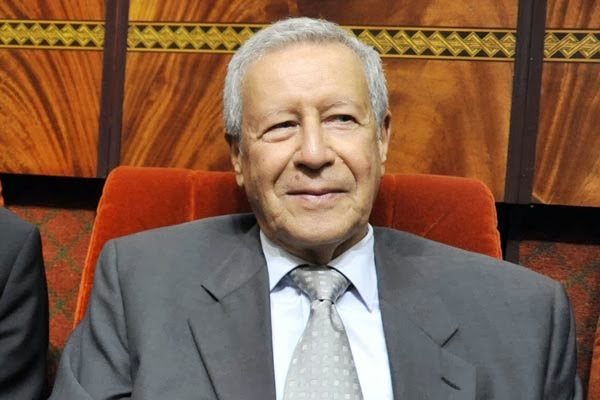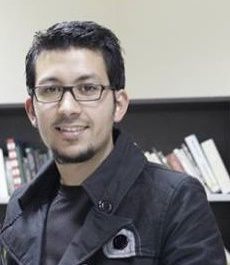
A tremendously huge body of research has been made on the scientific study of human language, but our knowledge in regard to its evolution is still scant, which means that the linguistic study itself, in a broad sense, has not been consummated yet. Linguists have made immense endeavors to describe different aspects of language as a tool of communication, tackling a diversity of linguistic issues, from structural, functional, and psychological perspectives, yet recent intellectual advance in science and interdisciplinary inquiry maintains that a handy contribution should focus much on the abstract linguistic system, reflected as an externalized mental state, one operated within the brain, not necessarily for communication-oriented purposes.
Since de Saussure’s Cours de Linguistiques Générales, Bloomfield’s Language, Jenkins’s Biolinguistics, Chomsky’s Syntactic Structures, and lately The Minimalist Program, and many other inaugural works in modern linguistics, little consideration was devoted to how language evolved throughout history. Recently, scholars from different scientific disciplines, such as Marc Hauser, Robert Berwick, Ray Jackendoff, and Johan Bolhuis, have been trying to steer the study to a more cognitive and neuroscientific direction, which responds, reasonably enough, to some addressed questions about language evolution. Had the research task been left to only biologists, answers would have been confined in a function-and-communication circle, driven by the principles of natural selection, which determines, as might be believed, all kinds of evolution. Now to what extent does natural selection account for the unique perceptual, construal, and productive aspects of human language?
Indeed, the study of the origins of language and its development requires a multidisciplinary investigation. No one would deny that such study is beset with difficulties; especially when parts of the overarching evidence are either equivocal or tenuous. Language changes over time, due to factors of nature and human society; it is stimulated by neural and cognitive inducement; it leaves traces and vestiges, inscribed in rocks, walls, skinny manuscripts, even discoverable in the human vocal tract. Given all this, the study has to be approached from a number of scientific fields, including sociology of language, biolinguistics, neuroscience, anthropology, and archaeology.
To state a brief review of research to date on the evolution of language, scientists have established several hypotheses; some of them had been tested a few decades ago with no decisive results. To a far extent, the majority of scholars are highly inclined to believe that human language evolved within 70000-100000 ya timespan; how did it evolve? Some of them argue that needs to communicate motivated humans to develop first an adaptive linguistic behavior represented in the primitive symbolic system, which gradually started to diverge from other mammalian species’ forms of communication. Others explain language evolution by referring to other biological mechanisms derived from natural selection, such as exaptation and genotypical mutations.
In the last few years, Noam Chomsky has attempted to introduce new explanations in the intellectual arena, continuously highlighted in scientific articles and essays. Though his view on generativity, universal grammar, and innate acquisition faculty of language, had been much firmly related to psycholinguistics and cognitive approaches of analysis, his latest scholarly discussions revolve around more empirical, consistent, straight responses to questions of language evolution. Being a unique generative computational system of discrete infinity of hierarchically structured expressions with semantic interpretations, with interactions between sensory-motor and conceptual-intentional interfaces, processing through internalization and externalization, language’s key evolutionary innovation, according to Chomsky, must be the merge.
The evolution of language, in the present day, is still a puzzle that intrigues scientists and researchers in various fields. This is because rational, practical answers to how language did evolve would open new discussions about human capacities, most likely to change our view with respect to language emergence as of exigencies of evolution versus divine design.





